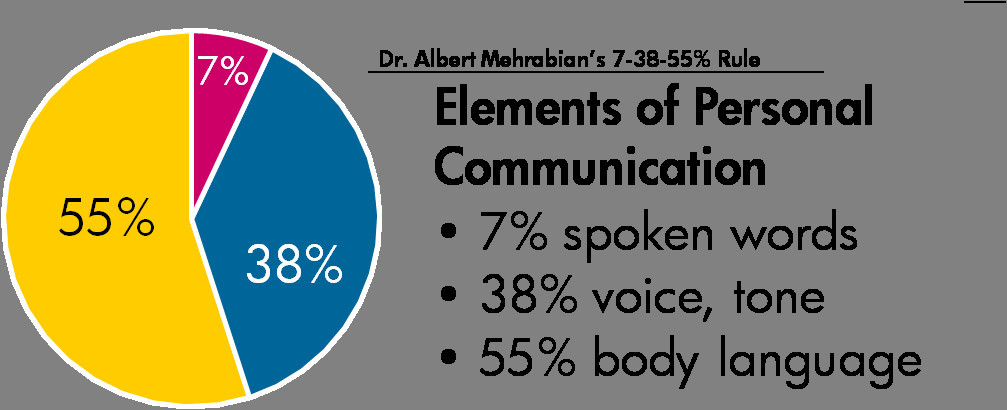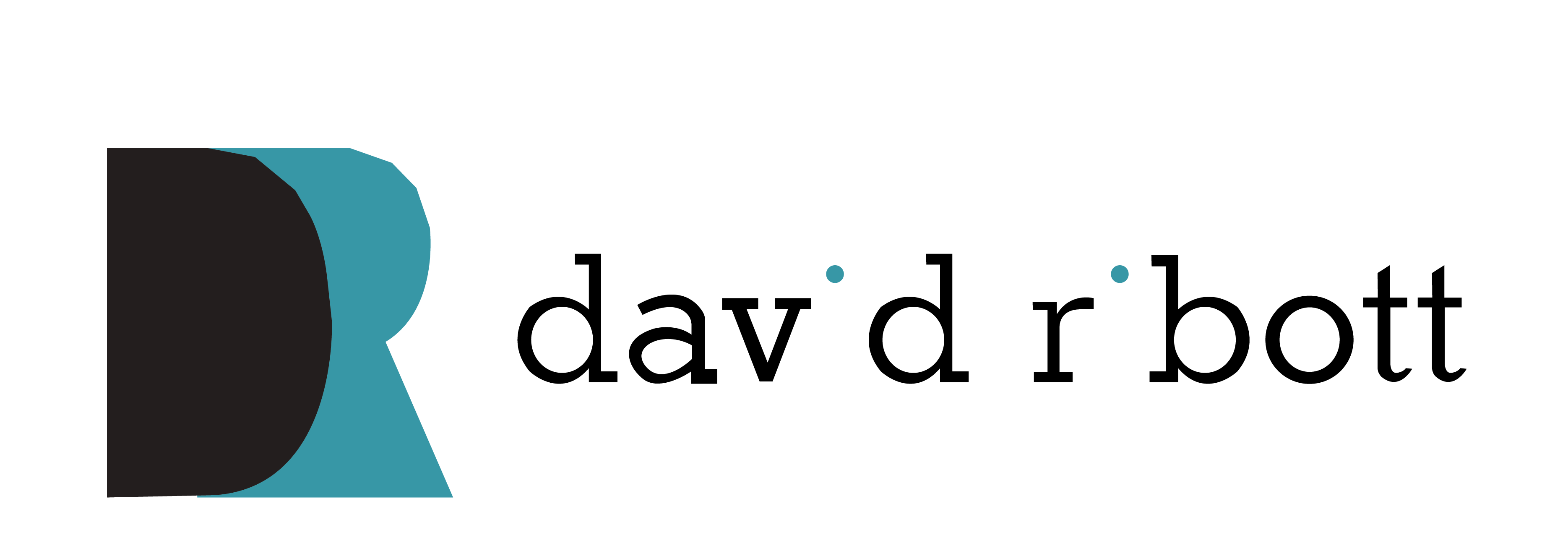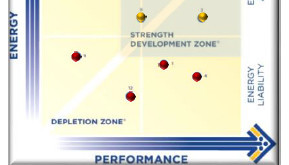In the first of this three-part blog, I wanted to point your attention to the Bigger Game the Art & Science of Coaching and its sub-skills can play in expanding Leadership Development to enable Organizational Value Creation.
And it starts with transferring the practice of Coaching from the one-to-one or team coaching domain to spreading the attributes of coaching throughout an organization.
How do we do do that – let’s start by stripping down coaching to bite-size pieces.
Stripping Down Coaching
At the heart of any coaching engagement is communication, but what does it mean to effectively communicate? As a rule of thumb, I think Stephen Covey said it best:
“Listen to understand versus listen to respond.”
Now that we have a working definition to guide us, in order to put this into action, let’s look to the meta-skills that allow us to listen to understand vs. listen to respond.
Those meta-skills are:
- self-management
- deep listening
- authentic connection
Self-management allows us to commit to what the other person has to say before we step in to add anything to the communication. Not easy and it can be done!
Imagine any conversation you initiated with a co-worker or line-manager where you had something to say, or better yet – to share, but the receiver to your communication responded with, “yes, I could relate because that happened to me” and they proceeded to share their experiences and highjacked your talk.
And lost in the process – the entire reason you initiated your talk, what you wanted to share, and any potential value that could have come as a result of it.
Once we’re able to self-manage, a path to deep listening is possible and all the hidden gems (or sometimes called blindspots) that make-up effective communication become more visible to the naked eye.

According to UCLA’s Dr. Albert Mehrabian, communication is made up of three elements: body language, tone, and words. When we listen to respond, often we fall prey to the words within the communication, which only makes up 7% of what is being communicated at any given time.
To put this in layman’s terms, 93% more “stuff” is being communicated right before our eyes. Whether we look at it from a decision making perspective or a risk assessment perspective, focusing solely on the words in communication increases the chances of communication breakdown, employee disengagement, lost of productivity, conflict in a relationship, future unwillingness to openly communicate, etc.
However, when we’re able to self-manage, we’re then able to deep listen for the non-verbal communication going on, which again – opens a path for authentic connection.
The Value of Effective Communication
The impact of deep listening and its natural by-product, authentic connection, help guide us to ask the right questions, at the right moment that correspond to the non-verbal cues we notice during our communication.
To bring this into full view, think of a time you were in communication with someone and felt they were completely interested in what you had to say, asked you all the right questions to help you open up your train of thought and more fully articulate the ideas you wanted to share.
How did it make you feel?…..MORE ENGAGED DARE I SAY!!!
Now, just imagine if all levels of leadership within your organization were able to communicate to understand rather than communicate to respond and shut down communication.
How important a first step would that be in unleashing the full talent potential at your organization to impact greater productivity?





